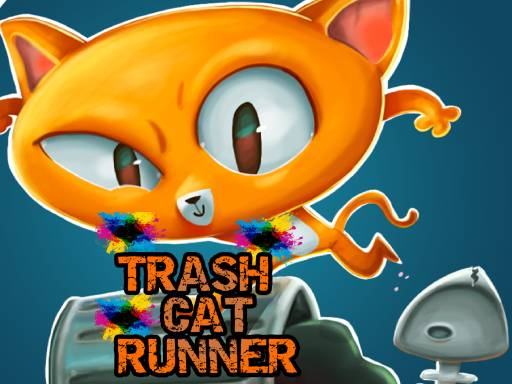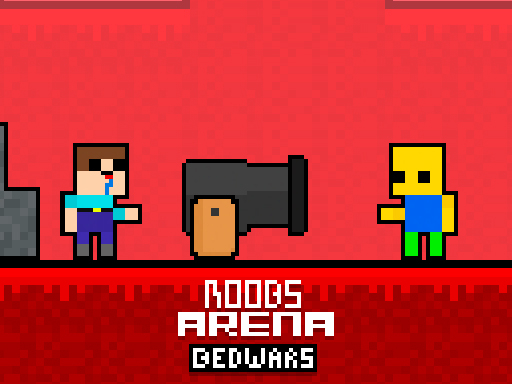The gaming industry is experiencing a significant shift as major studios recognize the potential of HTML5 gaming. Once considered a technology for simple browser-based games, HTML5 has evolved into a powerful platform capable of delivering high-quality, cross-platform gaming experiences. As we move into 2025, more studios are investing in HTML5 for its versatility, performance improvements, and ability to reach a wider audience without requiring downloads or installations.
1. The Power of Cross-Platform Compatibility
Seamless Gaming Across Devices
HTML5 games run on web browsers, making them accessible on PCs, smartphones, tablets, and even smart TVs without additional software.
Studios can target a broader audience by eliminating the need for platform-specific development.
Instant Playability
Unlike traditional games that require lengthy downloads and installations, HTML5 games can be played instantly with a single click.
This frictionless experience increases player engagement and retention.
2. Advancements in HTML5 Technology
Better Graphics and Performance
WebAssembly and WebGPU enable near-native performance, allowing developers to create visually stunning and smooth-running games.
High-quality 3D rendering is now possible with engines like Babylon.js and PlayCanvas.
Cloud Integration and AI Enhancements
HTML5 games can integrate with cloud gaming platforms, enabling players to stream games rather than relying on local hardware.
AI-powered game elements, such as adaptive difficulty and intelligent NPCs, enhance player experiences.
3. Cost-Effective Development and Maintenance
Lower Development Costs
Studios save money by creating a single version of a game rather than developing separate versions for PC, mobile, and consoles.
Updates and patches can be applied instantly without requiring players to download updates.
Longer Lifespan for Games
HTML5 games remain accessible for years without becoming outdated or unsupported.
Games can be continuously improved with new features without disrupting the player experience.
4. Expanding Monetization Opportunities
Ad Revenue and Subscription Models
Many studios monetize HTML5 games through in-game ads, microtransactions, and premium subscription models.
The ability to reach players directly in the browser maximizes potential revenue streams.
Integration with Web3 and Blockchain
Some studios are leveraging blockchain technology to enable player-owned assets, NFTs, and decentralized economies.
Play-to-earn mechanics are becoming more popular, giving players incentives to engage longer.
5. The Rise of HTML5 in Esports and Multiplayer Gaming
Competitive Gaming Without Barriers
HTML5 games are being optimized for real-time multiplayer experiences, making them suitable for esports and online competitions.
Low latency connections enabled by WebRTC provide smooth gameplay for competitive players.
Social Features and Live Integration
HTML5 games increasingly support integrated voice chat, live streaming, and social media sharing.
Studios are creating more multiplayer-focused experiences that encourage community-driven engagement.
Conclusion
Major game studios are recognizing that HTML5 gaming is no longer just a niche market—it is the future of browser-based gaming. With advancements in graphics, performance, and monetization strategies, HTML5 games are becoming more immersive, competitive, and profitable. As technology continues to evolve, HTML5 is set to become an even bigger force in the gaming industry, offering seamless, cross-platform experiences for players worldwide.




















